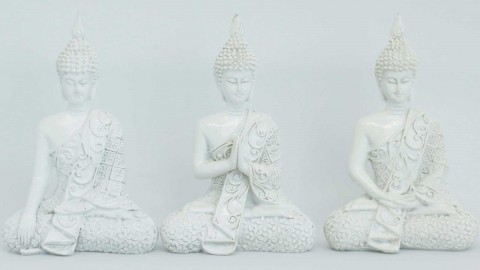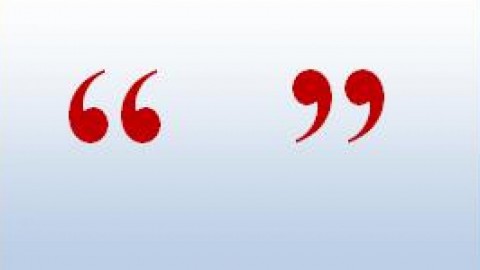Aspects Of Being The Observer
When you get good at observing yourself you will notice it the moment something triggers you. You will notice the first sensation of feeling uncomfortable, the impulse to want to do something in response, such as move, speak, or to withdraw from someone. When you are very skilled at being an observer you will be able to observe this impulse and refrain from acting on it. In this moment you will notice a second response, the one that happens in our body and emotions when we don’t follow the automated response of the first stimulus. It is in these moments that we grow out of old patterns and begin to consciously create new patterns and behaviors.
Becoming the observer requires that we do it in a neutral witness manner. It is not enough to just think about our self, any egotistical person can do that. When the ego part of the mind thinks about our self it often does it with a mode of comparison. The ego part of the mind will compare us to someone else, or an idealized version of our self we hold in our belief system. It is evaluating how well or how poorly we did something based on that standard for comparison. It might even judge us for not being very spiritually aware. It produces thoughts about whether other people are noticing us and what they might think. It is an egotistical thought that says we are not meditating enough or not doing enough mindfulness practices. While these may seem like observations, they are not. These thoughts are criticisms with an agenda. The result of which is that we feel worse.
When we act in the way of a neutral observer we notice different things. We notice when those thoughts are arising from parts of our ego and the emotions they produce. In more heightened states of awareness we might also notice the idealized version in the background of our mind being used as comparison. We might notice the idea that we could sit down and spend some time in quiet meditation, and then notice how our emotions, thoughts, and body reacts to that idea. As an observer we might notice negative thoughts rebut why it is not a good time, we are busy, or that we will be better served by something else instead. In these moments we can see the micro seconds it takes for our agenda to be changed, procrastination to happen, or for a conflict in agenda to arise and feel uncomfortable. The Observer state of mind doesn’t see any of these rebuttals or redirects as a problem as that would have an agenda. It just notices as if you were studying the brush stroke style in a particular painting, or the wood grain in a piece of furniture. If it were to think anything about them it would say, “I notice a rebuttal or conflict coming from parts of my mind,,, interesting.”
Tags: Be Your Own Observer Intellect And Intelligence Transcend Knowledge










